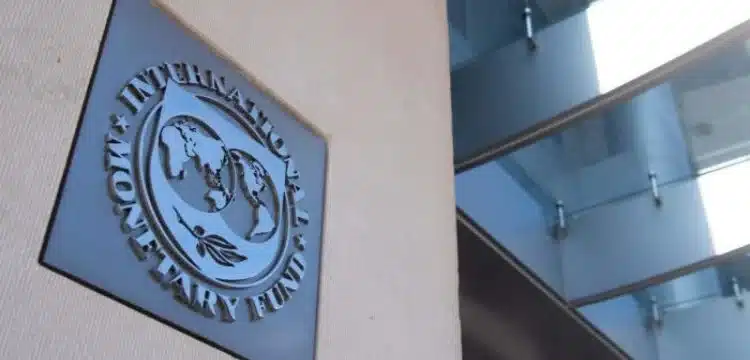[vc_row][vc_column][vc_column_text dp_text_size=”size-4″]
Pakistan is on course to achieve its first IMF economic review in November within its $3 billion loan program. This progress sets the stage for the release of the second $700 million tranche, despite facing difficulties in meeting some targets and implementing promised reforms.
A recent report from Topline Research, titled ‘Pakistan IMF Loan Review: Funding Requirements, Primary Deficit, Gas Pricing & Monetary Policy,’ underscores that although Pakistan has encountered challenges in meeting specific benchmarks, it is highly likely to receive the upcoming IMF tranche. The IMF’s Executive Board might grant a waiver if it deems the program to be still viable, and missed structural benchmarks and indicative targets are evaluated in the context of overall program performance.
Read more : Pakistan To Face Hurdles In The Upcoming IMF Review
The State Bank of Pakistan (SBP) governor confirmed that all quantitative performance targets related to the IMF program have been met, including Net Domestic Assets (NDAs), swaps, and net international reserves. Additionally, the finance ministry is committed to maintaining fiscal discipline and achieving primary balance targets.
Pakistan secured a nine-month Stand-By Arrangement (SBA) from the IMF worth $3 billion in June 2023, surpassing expectations in terms of both duration and size. Under this SBA, Pakistan received $1.2 billion in July 2023 and anticipates an additional $700 million upon successful completion of the first review. The government is also exploring commercial loans of $5 billion and another $0.7 billion from various sources, aiming for a total projected foreign inflow of $26 billion for FY24.
Moreover, Saudi Arabia and the UAE deposited $3 billion into the SBP’s account in June to support the IMF loan program, bolstering the nation’s foreign exchange reserves to approximately two months of import cover, totaling $8 billion by mid-July.
However, these reserves have declined due to the absence of additional foreign currency inflows pledged by multilateral and bilateral financial institutions, which had promised $9 billion in flood relief during a Geneva meeting in January 2023.
The policies outlined in the new IMF program (SBA) aim to stabilize Pakistan’s economy and enhance its financial resilience. Key policy components include an appropriate FY24 budget to facilitate necessary fiscal adjustments, a shift toward a market-determined exchange rate, and an efficiently functioning foreign exchange market to address balance of payments pressures and eliminate foreign exchange shortages.
Other priorities include maintaining a suitably tight monetary policy to combat inflation and anchor expectations, as well as ongoing efforts to improve the energy sector’s viability, enhance governance of state-owned entities, strengthen the banking sector, and build resilience to climate-related challenges.
Pakistan has traditionally relied on the IMF to address its external funding requirements, making the successful implementation of the IMF program crucial for the country’s economic stability.
According to the SBP governor’s statement in September, Pakistan’s total external financing requirement for FY24 is $24.6 billion, with $2.8 billion already paid. Commitments for rollovers worth $8 billion have been secured, with an additional expected rollover of $3 billion. The net payable amount stands at $8 billion.
Topline Research suggests that if the government can effectively manage the current account deficit to approximately $4 billion for FY24, compared to $6.5 billion, it can meet its financing requirements, particularly considering the challenges associated with commercial borrowing.
[/vc_column_text][/vc_column][/vc_row]











